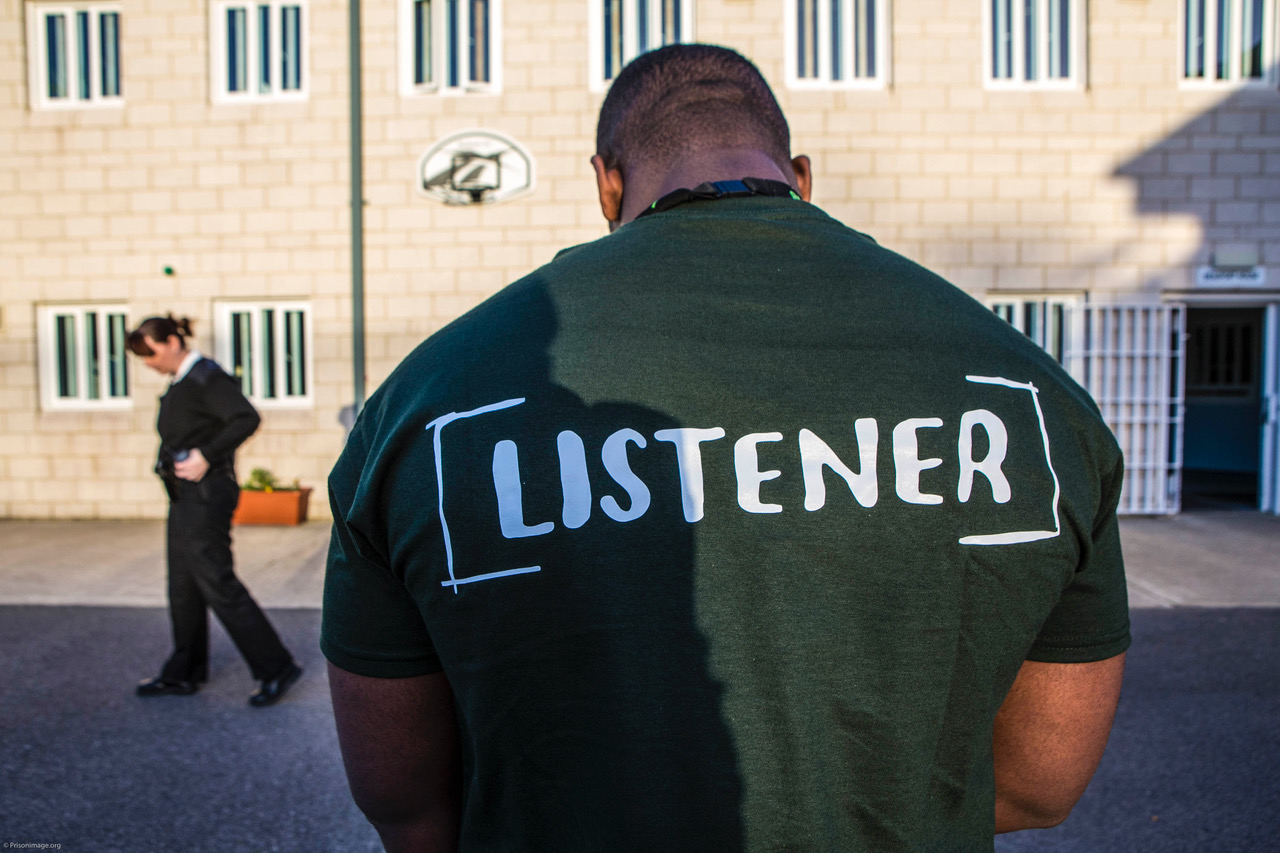Teenage prisoner took life only hours after receiving deportation letter

HMP Portland: Photo by Andy Aitchison, ©Prisonimage
A jury found on Tuesday that a 19-year-old man’s self-inflicted death in custody was caused by warnings of deportation by prison officers just before being locked up for the night, which was described by INQUEST as ‘cruel and insensitive treatment of a vulnerable teenager who should have been supported and protected.’
Ondrej Suha was remanded to a young offender’s institute in Brinsford on September 12 2015, while awaiting trial for burglary and assault. He had sold property from his mother’s house while she was on holiday, and slapped her on the wrist during an argument.
On November 30, he attempted to strangle himself with ligatures on two separate occasions during the day. He tried to prevent staff from removing the ligatures and told them that he wanted to die. Suha was accordingly placed on a suicide prevention and self-harm regime, only to be taken off it the following day by a prison officer who later said he was unaware that Suha had tried to strangle himself twice.
On 7 December, Suha pleaded guilty and was sentenced to 14 months in prison. Ten days later, his cellmate tried to hang himself – in front of the young man.
Shortly before being locked in his cell for the night on 21 December, Suha was served with Home Office papers advising him that he was liable to be deported following his sentence. The man who was born in Slovakia had lived in the UK since he was four years old. The prison officer who served the papers told the inquest hearing that he would have preferred to have done this during the day.
That night, officers noticed that Suha was unresponsive when spoken to, and he had partially covered the window in the cell door with toilet paper. There was a delay of several minutes before officers opened the door and found Ondrej hanged.
The inquest heard that no one tried to resuscitate Suha until a nurse arrived seven minutes later, and an ambulance was not called until the nurse requested it. The national prison service guidance states that an ambulance must be called immediately once a prison officer identifies that a prisoner’s life is at risk.
Ondrej Suha died on Christmas Day at New Cross hospital in Wolverhampton, with his mother and sister at his bedside.
The jury found that his death was caused by being told that he could be deported just before being locked in his cell for the night, rather than during the day, and that the prison had breached Ministry of Justice guidance by not calling an ambulance immediately once it was identified that Ondrej’s life was at risk.
Following the jury’s findings on Tuesday, Ondrej Suha’s sister Andrea Suhova said the family had been ‘devastated by losing Ondrej’. ‘Knowing that more could have been done to protect him has only made our pain worse,’ she continued. ‘It is now so important that the prison service, and HMYOI Brinsford in particular, learns from Ondrej’s death so that other young people are safe and other families don’t have to experience the same pain as us.’
The jury also expressed their concerns over the lack of training for prison officers, and the failure to communicate and co-ordinate clearly within the prison service in order to ensure continuity of care for Ondrej.
The Senior Coroner for South Staffordshire, Andrew Haigh, added that he would be sending a Regulation 28 Prevention of Future Deaths report to the head of the National Offender Management Service, setting out his concern that inadequate training for night staff and a national policy that allows for prisons to operate with only one CPR-trained member of staff on duty at any one time could lead to future deaths.
The jury’s findings followed an investigation into the death by the Prison and Probation Ombudsman, which concluded that the suicide and self-harm prevention regime in Suha’s case was ‘poorly managed and did little to support him’; that the decision to close the suicide and self-harm prevention regime on 1 December 2015 ‘underestimated Mr Suha’s risk so soon after his self-harm’ and breached the requirement for such decisions to be taken following input from a multidisciplinary team; and that the emergency response was ‘very poor’ and involved concerning delays.
This inquest comes in the midst of the Joint Committee for Human Rights’ inquiry into mental health in prison, which has heard the loved ones of others who have committed suicide in custody give evidence. As Gus Silverman of Irwin Mitchell, representing Ondrej’s family, said: ‘The failures in this case are depressingly familiar from other prison deaths.’
In the course of the inquiry, it has been highlighted repeatedly that prison officers are not trained to recognise signs of mental illness and a desire to self-harm, and overcrowding of prisons means that the ratio of staff to prisoners is insufficient to provide adequate attention and care. Deborah Coles of INQUEST said on Tuesday that ‘[F]amiliar criticisms in the way prison staff manage prisoners at risk and the emergency response points to the lamentable failure of [the National Offender Management Service] to act on these systemic national issues of concern that are repeated time and again at inquests.’






